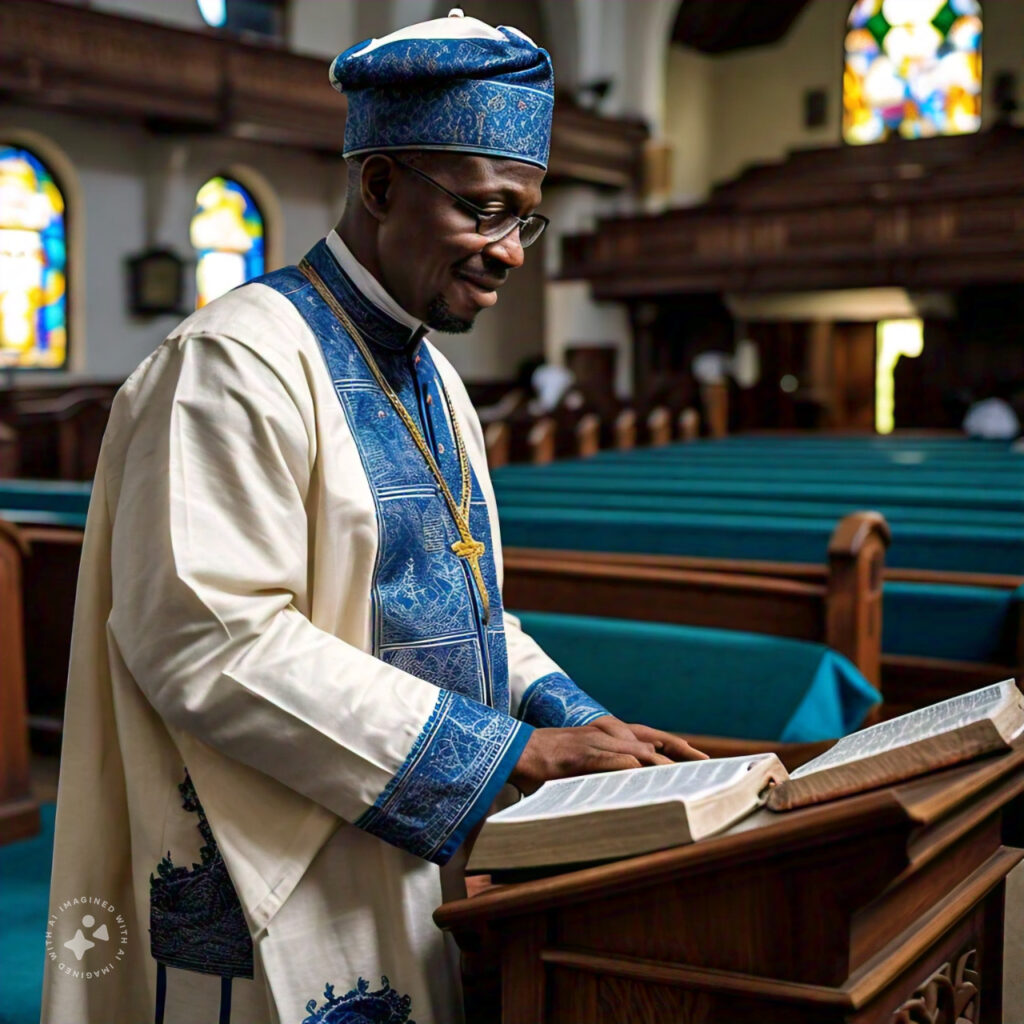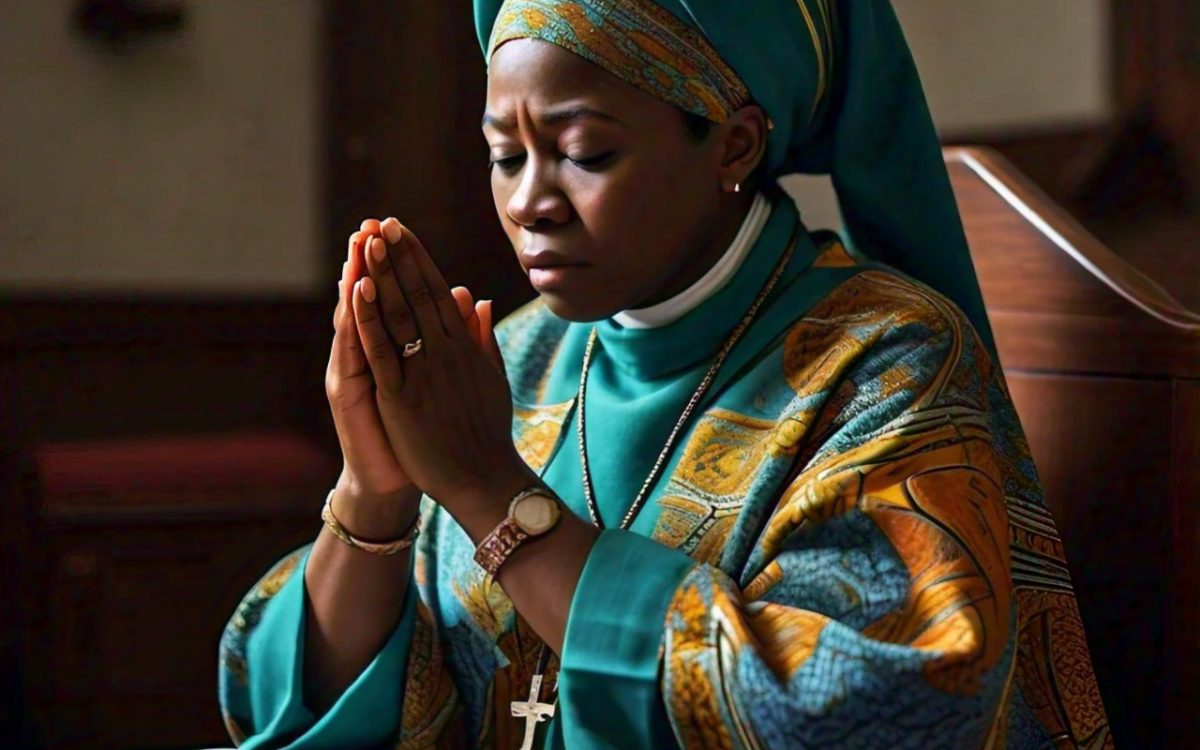In Nigeria, a land rich with diverse cultural and spiritual expressions and locally inspired spiritual charisma, the Catholic Church faces a unique challenge: how to embrace and nurture home-grown spiritualities that resonate with the lived experiences of its people.
Last Sunday, during the announcements in a Church I attended in Ottawa, we were asked to pray for a group of youth embarking on a spiritual journey to Taizé, France. This announcement was not just a moment of solidarity but also a reminder of the global connections that shape our spiritual lives. Yet, it also raised an important question: what about the spiritual journeys rooted in Nigeria’s religious landscapes? How is the Nigerian Church responding to those who, like the youth travelling to Taizé, are seeking to express their faith in ways that speak directly to our Nigerian context?
Taizé: A Beacon of Unity in a Divided Europeans
The Taizé community, founded in 1940 by Brother Roger Schütz, a Swiss reformed protestant youth, emerged during a time of deep division in Europe due to World War II and ethnic conflicts. Brother Roger’s response to this devastation was the creation of a community dedicated to peace and unity—a vision that continues to resonate in a continent long grappling with division. The spirituality of Taizé, centred on reconciliation, embodies a healing process that aligns with Europe’s ongoing journey toward greater integration.
The Rise of the Focolare Movement
Similarly, in Italy, amidst the chaos of World War II, Chiara Lubich, a young Catholic, and a group of women began the Focolare Movement. Their commitment to living out the Gospel through love, unity, and acts of solidarity became a beacon of hope in a war-torn society. Despite facing initial resistance from Church authorities, the Focolare Movement, like Taizé, was eventually embraced and supported by the broader Christian community.
The Nigerian Church and the Challenge of Home-grown Spiritualities
 Unlike the experiences in Europe, the Nigerian Catholic Church has often struggled to support and integrate home-grown spiritual movements. Lay Catholics who feel called to serve their communities in unique ways frequently encounter resistance from Church leadership. The recent case of Ebuka Obi illustrates this challenge. While his approach may lack refinement, there is little evidence that he received the support necessary to develop his spiritual gifts, unlike figures such as Brother Roger, Chiara Lubich, and Sister Faustina in their respective contexts.
Unlike the experiences in Europe, the Nigerian Catholic Church has often struggled to support and integrate home-grown spiritual movements. Lay Catholics who feel called to serve their communities in unique ways frequently encounter resistance from Church leadership. The recent case of Ebuka Obi illustrates this challenge. While his approach may lack refinement, there is little evidence that he received the support necessary to develop his spiritual gifts, unlike figures such as Brother Roger, Chiara Lubich, and Sister Faustina in their respective contexts.
The Way Forward: Embracing Indigenous Spiritual Charisma
In a country as spiritually dynamic as Nigeria, the Catholic Church has a vital role to play in recognizing and nurturing the spiritual charismas of its lay members. Rather than suppressing these emerging spiritualities, the Church should offer the guidance and support needed to allow them to flourish. The transformation of figures like TB Joshua, who, despite his controversial beginnings and scandalous antecedence, grew into a respected spiritual leader, highlights the potential of proper training and encouragement. The critical question for the Nigerian Church is whether it is ready to embrace spiritual movements that are deeply rooted in the Nigerian cultural and religious landscape. By doing so, the Church can help individuals like Ebuka Obi of the Zion Ministry and others with spiritual gifts and contribute meaningfully to the spiritual life of the nation. Their callings, though unconventional, may well speak to the unique religious needs of the Nigerian people.
-
Facebook
-
Twitter
-
Linkedin
-
Whatsapp






